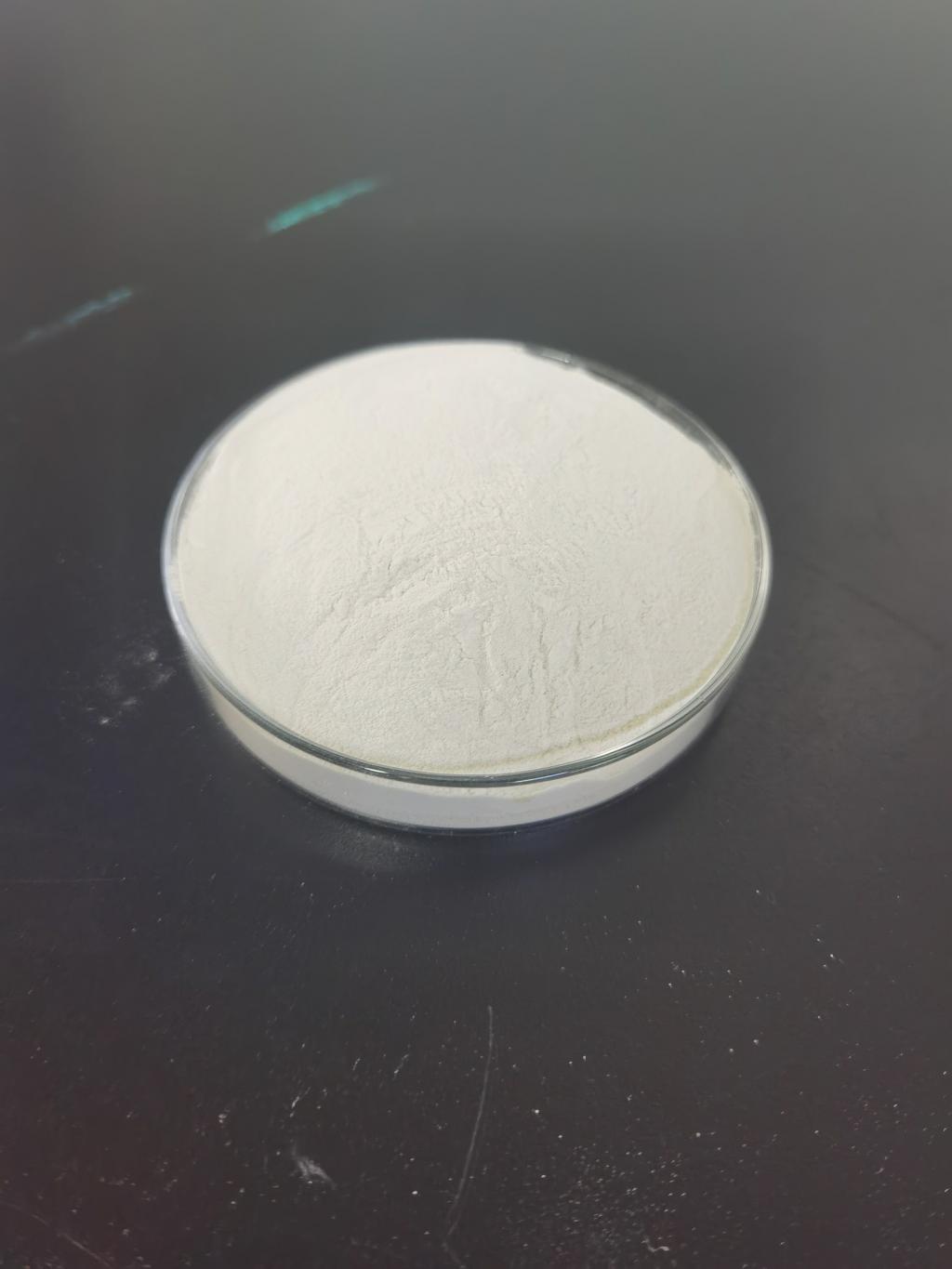Tel:+8618231198596

News
 CONTACT
CONTACT
 CONTACT
CONTACT
- Linkman:Linda Yao
- Tel: +8618231198596
- Email:linda.yao@dcpharma.cn
- Linkman:CHARLES.WANG
- Department:Overseas
- Tel: 0086 0311-85537378 0086 0311-85539701
News
Current Position:
Home >
News
>Nisin's Impact on Reducing Food Safety Risks in Food Festivals and Events
Nisin's Impact on Reducing Food Safety Risks in Food Festivals and Events
TIME:2024-03-07
Section 1: Understanding Nisin
Nisin is a naturally occurring antimicrobial peptide produced by certain strains of the bacteria Lactococcus lactis. Initially discovered in cheese, its antimicrobial properties have been extensively studied and recognized. Nisin acts against a broad spectrum of bacteria, particularly those responsible for food spoilage and foodborne illnesses, such as Listeria monocytogenes.
Subsection 1.1: Mechanism of Action
Nisin works by disrupting the cell membrane of target bacteria, leading to the leakage of cellular contents and eventually cell death. Its ability to inhibit the growth of various pathogenic bacteria makes it a promising candidate for enhancing food safety.
Section 2: Application of Nisin in Food Safety
Nisin has found applications in the food industry as a natural preservative and antimicrobial agent. Its effectiveness in controlling the growth of spoilage and pathogenic bacteria makes it a valuable tool in preventing foodborne illnesses.
Subsection 2.1: Preservation of Dairy Products
Due to its initial discovery in cheese, nisin has been widely used in the preservation of dairy products. Its ability to control the growth of spoilage bacteria extends the shelf life of cheese and other dairy items, reducing the risk of contamination during food festivals.
Subsection 2.2: Meat and Poultry Industry
Nisin's antimicrobial properties have been harnessed in the meat and poultry industry to enhance the safety of processed meats. By inhibiting the growth of bacteria such as Listeria, nisin contributes to minimizing the risk of foodborne pathogens in meat products served at festivals and events.
Section 3: Nisin in Food Festivals and Events
The dynamic nature of food festivals and events poses unique challenges for ensuring food safety. Incorporating nisin into the preparation and storage processes can significantly reduce the risks associated with large-scale food handling.
Subsection 3.1: Large-Scale Food Handling
During food festivals, the quantity of food prepared and served is often substantial, increasing the likelihood of contamination. Nisin's ability to inhibit bacterial growth becomes crucial in preventing the rapid multiplication of pathogens, ensuring that the food served remains safe for consumption.
Subsection 3.2: Temperature-sensitive Environments
Outdoor food events are susceptible to temperature fluctuations, which can promote bacterial growth. Nisin's stability under various temperature conditions makes it a reliable option for maintaining food safety in environments where temperature control may be challenging.
Section 4: Regulatory Considerations and Consumer Perception
While nisin offers significant potential in reducing food safety risks, it is essential to consider regulatory aspects and consumer perceptions. Authorities may set guidelines on the maximum allowable concentrations of nisin in different food products to ensure its safe use. Additionally, educating consumers about the natural origin and safety of nisin can enhance its acceptance in the context of food festivals.
Section 5: Future Prospects and Challenges
As research on nisin continues, future prospects include exploring its application in diverse food products and refining its effectiveness against emerging foodborne pathogens. Challenges such as taste alterations in certain foods and potential resistance development by bacteria require further investigation.
Conclusion:
Incorporating nisin into the food safety measures of festivals and events holds promise for mitigating risks associated with large-scale food handling. As a natural antimicrobial agent, nisin's ability to inhibit the growth of pathogenic bacteria offers a sustainable and effective solution. However, careful consideration of regulatory guidelines and consumer perceptions is essential to ensure its widespread acceptance and safe use in the diverse landscape of food festivals and events.
- Tel:+8618231198596
- Whatsapp:18231198596
- Chat With Skype







